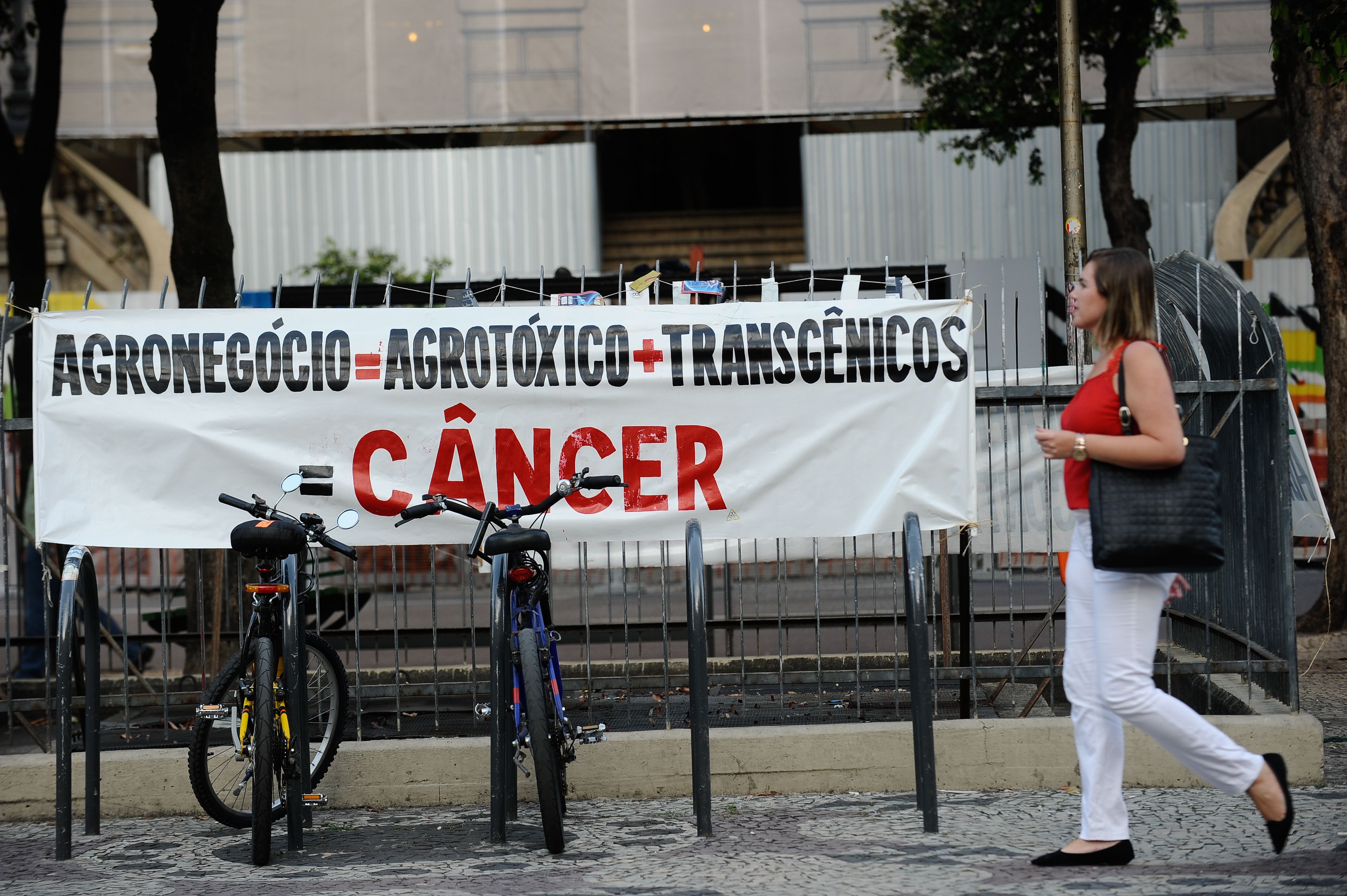04/09/2017 10:52
Fifty years ago, the United Nations Food and Agriculture Organization (FAO) started surveys to scope and monitor hunger in the world. The 2014 survey showed Brazil had achieved the goal of less than 5% of its population under the scourge of hunger, based on the Prevalence of Undernourishment Indicator, which measures the availability of food energy by age brackets and the distribution of and access to food. For the first time, we were off the Hunger Map. Infant mortality had fallen and there was better access to food, despite high rates of food insecurity among indigenous peoples, quilombola communities and blacks.

Public policies and programs that prioritized low-income families had made a difference. Real raises in the minimum wage, broader access to jobs, direct income transfers and the historic inclusion of farmworkers and small farmers in Social Security all helped in that achievement. Other novel programs strengthened family and peasant farmers, such as the procurement of food by public institutions for populations with food insecurity, in social welfare programs and schools, through the Food Procurement Program (PAA). The National School Meals Program (PNAE) was required to procure at least 30% of its food purchases from local family farmers and traditional communities. We also recall programs like “A Million Cisterns” and “One Land, Two Waters,” both aimed at ensuring access to water on small farms in semi-arid regions.
Those public policy initiatives also expanded people’s access to social rights. We enjoyed years of social-protection programs that promoted food production by family and peasant farmers, based on the Food and Nutritional Security Law (Losan), passed eleven years ago in response to considerable social mobilization and the work of the National Food and Nutritional Security Council (Consea). That decade, however, also prioritized policies to support the export-oriented production of commodities by agribusiness, which maintained land concentration and environmental degradation and pollution, while intensifying conflicts and criminalizing social movements in rural areas.
Just three years after we left FAO’s Hunger Map, that specter is back to haunt and appall us. Today’s multi-faceted crisis includes cut-backs for social programs and policies, backtracking on earlier gains. An amendment to the constitution imposing a 20-year federal budget ceiling has a direct impact on social programs, for example by taking more than a million people off the rolls of the Family Stipend, cutting funds for the PAA and for support to semi-arid areas, alongside regressive counter-reforms to labor laws and welfare programs.

Brazil has led the world in pesticide use since 2008. (Photo: Fernando Frazão/ABr)
Our two tasks today are to fight back against regressive policies that cause hunger, while raising all the issues involved in struggles for the human right to adequate and healthy food, including food quality. Social mobilizations must continue to reduce the use of pesticides and resist the release of transgenic crops. We must also work to change our consumption habits, appreciating fresh food and our biodiversity, with its tremendous variety of fruits, roots and greens, while cutting back on highly processed food products like soft drinks, poultry extracts and breaded meat nuggets, wieners and others with unhealthy artificial additives.
One important victory for civil society was the National Agroecology and Organic Production Policy (PNAPO), launched in 2012. Agroecology, based on the principles of diversification and more harmonic relations with nature, produces real food. It also fosters fair labor relations, respect for local cultures and the environment, while enhancing diversity and local food cultures in Brazil’s many regions.

5th National Food and Nutritional Security Conference (CNSAN). (Photo: Consea)
Significantly, our country has led the world in pesticide consumption since 2008, according to the National Health Surveillance Agency (Anvisa, Brazil’s FDA). The consequences for people’s health include more cases of poisoning, hormonal disruptions and cancer. Indeed, the National Program to Reduce Pesticide Use (Pronara) never made it off the drawing board. It was part of a plan launched in 2013 after mobilizations by the Permanent Campaign Against Agrotoxins and for Life and by the National Agroecology Alliance (ANA), with support from the Consea and following discussions within the PNAPO process. President Dilma announced the plan at the 5th National Food and Nutritional Security Conference (CNSAN) in 2015, but nothing ever came of it.
Violent processes that criminalize people’s struggles against inequalities have expanded in the same proportion that civil society’s channels for dialog are being shut down. Nonetheless, many small farmers, peasants, indigenous peoples, quilombola settlements and others still resist and offer alternatives to today’s development model. Their expertise and experience shows that food is the heritage and the wealth of peoples, and not a commodity.










